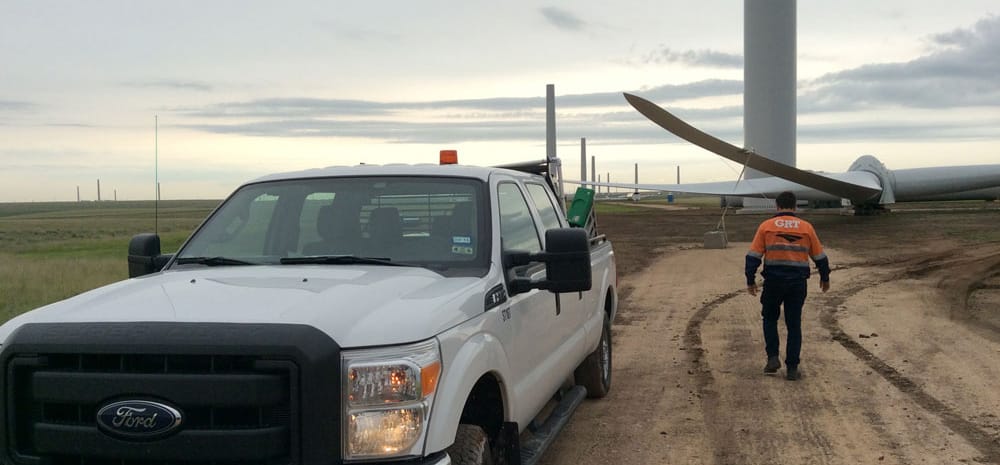
The soil properties commonly altered are density, water content, plasticity and strength. Long-term performance of pavement structures is significantly influenced by the stability of the subgrades. Non-treated in situ soils often do not provide support needed for traffic loading and environmental influences. The engineering properties of soil achieved through addition of soil stabilizer vary widely depending on natural soil composition, soil structure, physical and chemical interactions between soil and soil stabilizer.
Fly ash is a by-product from the coal-burning power plants. The content of quicklime in fly ash depends on the type of coal and the type of combustion process. Class C fly ash contains higher amount of quicklime and thus can be used as a stand-alone material. Class F fly ash can be used as additive to a cementitious agent (lime, lime kiln dust, CKD, and cement). The use of fly ash as soil stabilizer may be subject to local environmental requirements associated with leaching and potential interaction with ground water and nearby water bodies. Common fly ash addition rates are 8 to 16 percent depending on soil dry weight. The rate of fly ash added depends on the soil type, the characteristics of the fly ash and the desired effect. Soils containing more than 10 percent sulphates are prone to swell excessively and thus fly ash is considered unsuitable for this kind of soil. Organic soils are also difficult to stabilize with fly ash.
The hardening of soil when cement is added is the result of chemical reactions of cement with siliceous soil during hydration reaction. The important factors which influence soil-cement properties are type of soil, way of mixing, compaction, curing and admixtures used. The recommended amounts of cement needed for different types of soils are as follows:
Lime is effective in treating clayey soils. It initiates pozzolanic reactions. Lime can be used alone or in combination with cement, bitumen or fly ash. It is mainly used as soil stabilizer for road bases and subgrades. Plasticity of highly plastic soils is reduced through application of lime. Usually 2 to 8% of lime is needed for coarse grained soils and 5 to 8% for plastic soils. The common admixture is fly ash in rates from 8 to 20% of the weight of the soil.
Bitumen is a by-product that remains after distillation or evaporation of crude petroleum. It can be used as soil stabilizer for pavement construction. When added to a soil, it contributes to both cohesion and reduced water absorption. It is not as common as other soil binder products, primarily due to its relatively high cost. The optimal amount of fine soil particles is important in workability of bitumen. Either excessive or insufficient fines content impose issues within mixing, stability, and uniformity.
Global Road Technology offers effective, environmental and economic soil stabilization solution for all soil types and all weather conditions. GRT products are polymer based which act by bonding soil particles together. Extraordinary results can be achieved through use of GRT agents:
GRT products are certified environment-friendly. Furthermore, environmental contribution of GRT soil stabilizer is increased through simple application and small quantities of product needed.
For more information on soil stabilizer or Global Road Technology products please contact GRT.
Are environmental regulations, health and safety concerns or potential profit loss a concern right now?
Contact Us Now